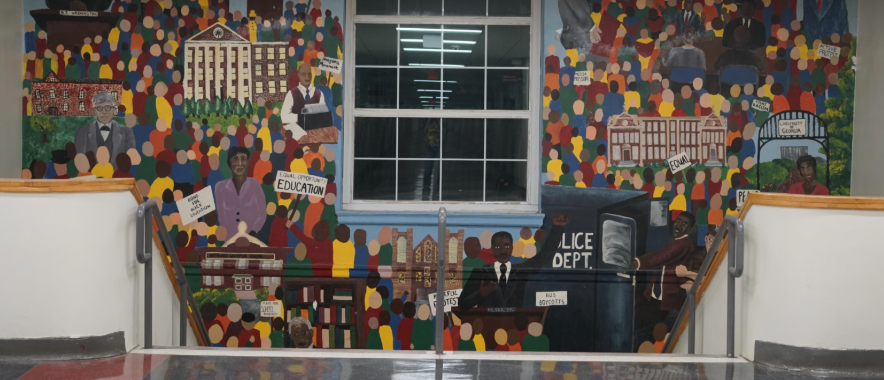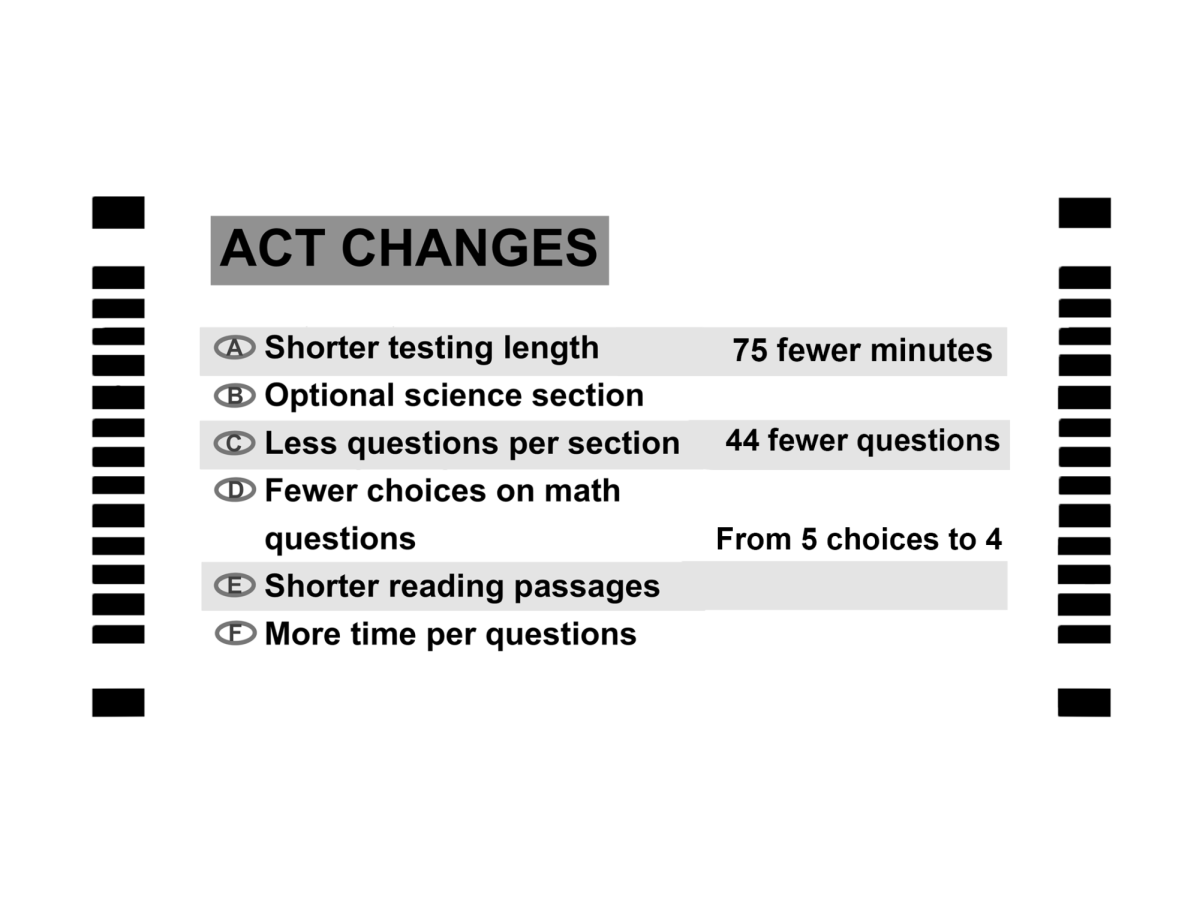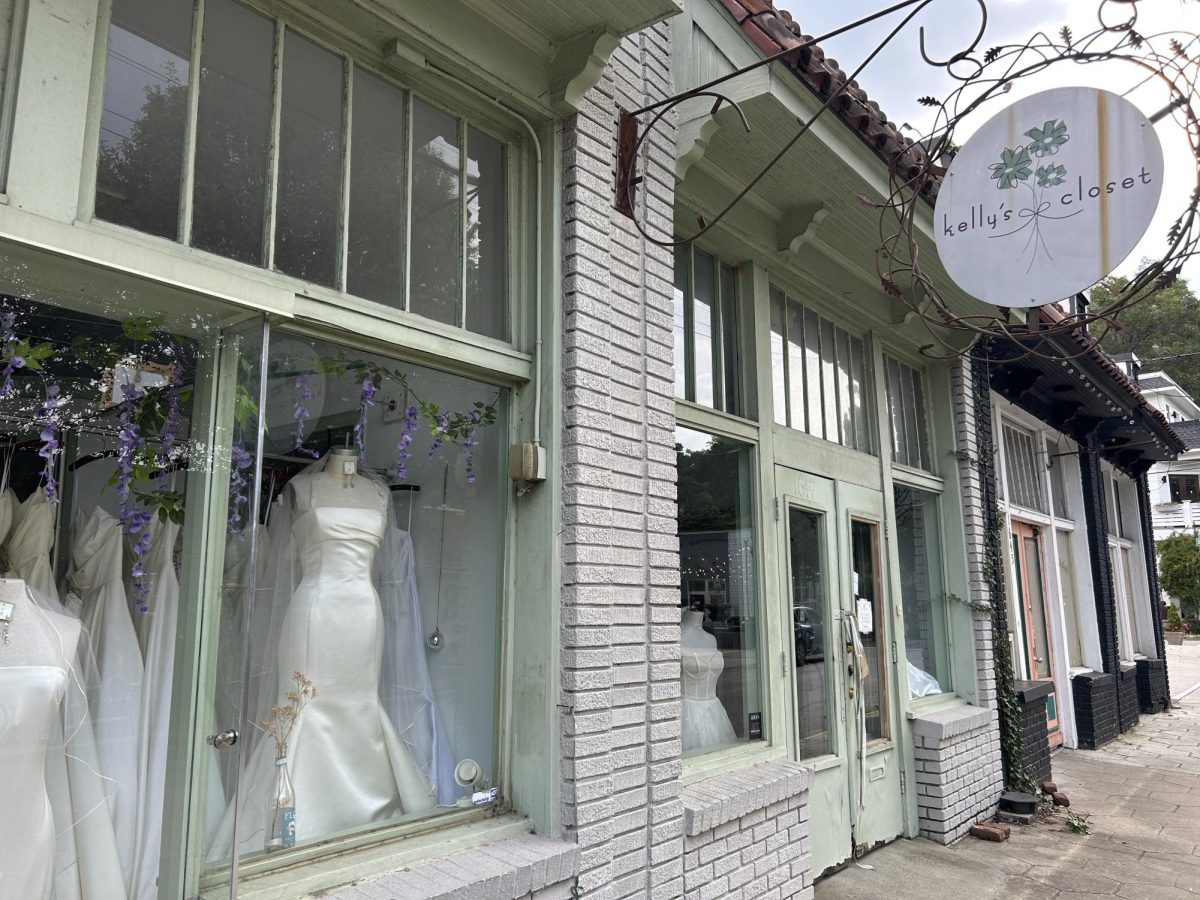Georgia has worn a thousand faces. From the small town of Hawkins, Indiana in “Stranger Things” to the bustling New York neighborhood in “Spider-Man,” any film fan is likely to have seen the orange and pink “Made in Georgia” peach logo.
Since 2008, Georgia’s film tax credit program has earned the state the nickname “The Hollywood of the South,” attracting blockbuster productions and thousands of jobs each year. This includes the Marvel Cinematic Universe’s “Spider-Man” trilogy, which was partially shot at Midtown.
Freshman Sienna Miller said she appreciates the unique Atlanta experience of seeing her school and city on television.
“It’s really cool to be able to notice all the landmarks and places we walk to and the memories we’ve made in those areas and seeing it on film,” Miller said. “I can imagine being able to tell my kids, ‘I walked to that place. My friends and I had a water balloon fight at Piedmont Park, and they filmed ‘Spider-Man’ there.’”
Lita Battle is the director of the Film Incentive Program at the Georgia Film Office. She said she enjoys the immediate impact film has on her community and state.
“I am always proud when I see the Georgia logo at the end of films and television shows,” Battle said. “Film has brought so many positive things to the state, like jobs, infrastructure and culture. Likewise, film helps deliver Georgia’s unique and diverse places and culture to audiences around the globe.”
Georgia’s film industry began in the 1970s when then-governor Jimmy Carter founded the state’s film commission, sparking some of the oldest film festivals and organizations in the country.
Charles Judson, an assistant location manager, is an Atlanta native and has been in the film community for 25 years. He believes Georgia’s history was integral to its success.
“It was artists and filmmakers creating paths and opportunities for themselves and others,” Judson said. “One of the primary reasons film in Georgia took off so rapidly is because there was already 30 years of work put in.”
Shayr Guthrie has been a voice talent and coach for over 25 years. She credited Georgia’s diversity in both the landscape and people for its appeal to filmmakers.
“Georgia can look like so many different regions of the country,” Guthrie said. “From Texas to New York, to the Ozarks and the Bayou, from small towns and big cities, you can have it all here.”
Omar Derby is a director, writer and producer who moved to Atlanta in 2020. His short, “Fine Thank You,” won Best Actor at the 2021 Georgia Shorts Film Festival.
He believes the support from the state has been crucial for filmmakers.
“Most locations are very film-friendly, and it feels like the state supports filmmakers,” Derby said. “There’s also a lot going on for anyone paying attention. Networking events, premieres and other opportunities to continue meeting like-minded professionals.”
Battle said the Film Tax Incentive is just one of Georgia’s many attractive qualities.
“In Georgia, productions have access to well-trained and talented crew, state-of-the-art sound stages … and a high quality of life,” Battle said. “While tax credits have been a key part of Georgia’s success in the film and television industry, the state also offers everything productions need to be successful, and that gives the state an edge above competitors.”
Despite being one of Georgia’s best-known support tools, Georgia’s tax incentives are estimated to earn the state just 19 cents per dollar spent. Will Hammargren is a location manager for “Diarra from Detroit,” a BET+ original series. He believes that while the incentives are controversial, they are also necessary.
“Some argue that those tax incentives are a little bit of a race to the bottom, but they exist almost everywhere in the world now,” Hammargren said. “If you don’t have them, you don’t really have an opportunity for business.”
The damage to North Carolina’s film industry after the weakening of its tax incentive program in 2015 is an example of the risks. Guthrie said Los Angeles is a similar story.
“I went out there last year, and it felt like a ghost town,” Guthrie said. “I don’t think they recovered after COVID and the lack of tax incentives. Everyone moved away. A lot of actors have actually moved to Atlanta.”
Still, Guthrie says even Georgia is not immune.
“I’ve heard there are better incentives over in England and Ireland,” Guthrie said. “There has been a shift to have productions over there rather than here.
Notably, “Spider-Man: Brand New Day” has begun production in Glasgow, Scotland, instead of America. Additionally, the industry is facing challenges like the lingering effects of strikes and COVID-19 on production draw.
Actress Stella Doyle moved to Georgia from Los Angeles to be closer to family in 2014. She believes the steady tenacity and love in actors is what allows them to push through challenges and what has made Georgia’s film industry successful.
“My opinion is that Georgia was and is ‘The Little Engine that Could’,” Doyle said. “There were obstacles that were overcome, incentives created, production companies coming here to film and a strong faith within the entertainment industry here never wavered.”














